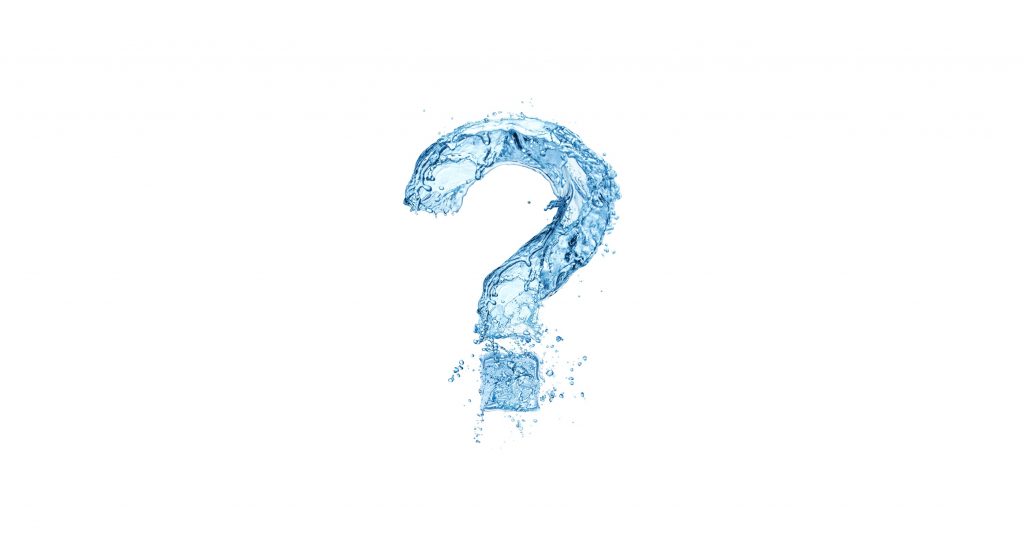Solid Blend has a team of certified specialists to provide the highest quality water management services to our clients and partners. Whether you’re a current client of ours or just started your journey looking for a partner in water safety, you’ll come across these terms often, so here is a breakdown of what they mean.
A Water Management Plan (WMP) prevents waterborne pathogens, like Legionella, and other contaminants from harboring in water systems, essentially protecting a building and its users from contracting harmful and potentially fatal illnesses. Specialists from our Environmental Group develop WMPs tailored to each facility, working from our proprietary format that follows the Centers for Disease Control’s Water Management Toolkit and standards set forth by the Ohio Department of Health. We also work diligently to ensure that each WMP complies with local laws and regulations.
So what is a Water Management Plan, exactly? It is a set of specific protocols a facility should follow to manage their buildings’ water systems and mitigate the risk of Legionella bacteria and other waterborne pathogens from growing in their water system. Also included is an outline of when and how to regularly collect data, review and adjust the plan, and ensure adequate disinfection should a harmful pathogen be detected.
Another important component of building a WMP is a thorough understanding of — and experience with — national industry standards outlined in the ANSI/ASHRAE Standard 188-2021 and the compliance regulations set forth by the Centers for Medicare and Medicaid Services (CMS), and Joint Commission. Having a trusted partner, like Solid Blend, to develop and maintain your WMP takes the stress and hassle out of the process of creating your facility’s WMP.
Water Treatment Programs (WTP) protect HVAC systems and supporting equipment from scale and corrosion while controlling and limiting microbiological activity. Our Water Technologists develop a site-specific WTP that outlines protocols for safeguarding your HVAC’s water systems through regular water analysis, data collection, remote monitoring, and on-site check-ins. Due to the potential for waterborne pathogens, such as Legionella, growing in the water, each cooling tower WTP follows ASHREA standards and follows best practices set forth by industry leaders such as the Association of Water Technologies (AWT), Cooling Technology Institute (CTI), American Society of Mechanical Engineers (ASME), and American Boiler Manufacturers Association (ABMA). Closed loop and boiler Water Treatment Programs are not required to comply with these standards due to the elevated water temperatures, and the systems not being open to the atmosphere.
WTPs aren’t just necessary to keep a facility in compliance with local, state, and federal regulations, but they also help keep the facility’s water system running at maximum efficiency. Regular monitoring and tune-ups to the HVAC system can extend the useful life of expensive equipment and help ensure that it is running as efficiently as possible for as long as possible. In addition to writing your WTP, we are also available to perform remediation and disinfection when needed.
Do you have questions about how Solid Blend can help your team? Want to know more about the services we offer? We’d love to hear from you. Send us a message today.

